December 9, 2022 – In a profound exploration of security dynamics within the Balkans, Prof. Asoc. Dr. Ilir Kalemaj, Deputy Rector of New York University of Tirana, led the latest session of “Open Seminars” hosted by the Institute “Sami Frashëri” in Tirana and the Center for Advanced Studies (CNS) in Sarajevo. The seminar titled “Security in the Balkans: Cooperation versus Rivalry” delved into the intricate balance between historical contexts and contemporary developments, shedding light on the region’s current security architecture.
Key Highlights from the Seminar:
- Diachronic and Synchronic Analysis: Prof. Kalemaj presented a comprehensive analysis that spanned both historical and current perspectives, focusing on how past events continue to influence present-day security concerns in the Balkans.
- Impact of Russia’s Aggression in Ukraine: The seminar explored the repercussions of Russia’s aggression in Ukraine on the European security framework and its specific manifestations in the Balkan region.
- Serbia’s Strategic Dependence: A significant portion of the discussion was dedicated to examining Serbia’s strategic dependency on Russia, juxtaposed against its economic orientation towards the European Union.
- Societal Dynamics in Serbia: Prof. Kalemaj offered insights into Serbian society, discussing nationalist trends, societal divisions, and the aspirations of a segment of the population advocating for peaceful relations within the region.
- Political Rivalries in Serbia: The conversation highlighted the competitive nationalism within Serbia’s political elite, with Alexander Vučić portrayed as a relatively moderate partner for the West.
- Balkan Vulnerabilities: The seminar identified weak points in the Balkans, such as Bosnia-Herzegovina and Kosovo, and how these vulnerabilities could be exploited by external actors like Russia to destabilize the region.
- International Interest in the Balkans: Despite a resurgence of attention from the USA and the EU, Prof. Kalemaj emphasized that global strategic interests are increasingly focused on the Pacific and Southeast Asia, affecting the level of engagement in the Balkans.
Albanian-Serbian Relations: Prof. Kalemaj stressed that resolving issues between Albania and Serbia is crucial for establishing strategic stability in the so-called Western Balkans, with the normalization of Kosovo-Serbia relations seen as a top priority.
Dynamic Audience Engagement: The seminar fostered a lively exchange of ideas and opinions, with Prof. Kalemaj engaging with a dynamic audience focused on critical issues pivotal to the future of peace and security in the Balkans and the role of Albanians in the region.
About “Open Seminars”: This intellectual platform for discussions is a collaborative effort between the Institute “Sami Frashëri” Tirana, and CNS Sarajevo, offering bi-weekly meetings open to the public. Regular attendees, particularly students, are awarded certificates of attendance by the organizers, further incentivizing engagement and learning.
For those interested in a deeper dive into Prof. Kalemaj’s analysis and the broader “Open Seminars” series, the session is available for viewing at this link.


 Share on WhatsApp
Share on WhatsApp
 Share on Facebook
Share on Facebook

